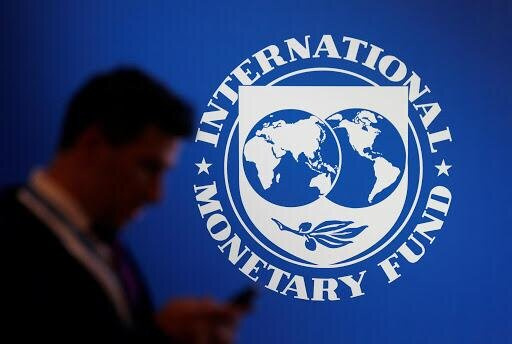Opposition to IMF’s financial aid for Iran, an indication of U.S. unilateralism: expert

Like most of the countries around the world, Iran is fighting with coronavirus pandemic and it has made the country facing some economic difficulties and limitations.
Such difficult condition has led Iran to ask the International Monetary Fund (IMF) for emergency loan to help it contain the pandemic.
In a letter to IMF last month, Central Bank of Iran (CBI)’s Governor Abdolnaser Hemmati requested $5 billion from the fund’s Rapid Financing Initiative (RFI), an emergency program that gives loans to countries facing sudden shocks such as natural disasters.
While it was Tehran’s first request for an IMF loan in nearly six decades, it raised opposition from the U.S. as the senior officials in the Trump administration said Iran's government has billion-dollar accounts still at its disposal. The United States said it plans to block Iran's request.
The U.S. reaction was seriously blamed by the Iranian officials, as well as some foreign ones, as last week, German Foreign Minister Heiko Maas said that Germany, France, and the United Kingdom, known as European trio, do not oppose the International Monetary Fund’s loan to Iran which Tehran needs to fight the COVID-19 pandemic.
Now, waiting for the IMF’s response, Iran is urging the international body to take an impartial approach.
To know some expert opinion on the matter, the Tehran Times has conducted an interview with Dr. Somayyeh Sadat Miri Lavasani, a university professor who is an international economic law expert.
About the U.S. approach toward Iran’s request, Dr. Lavasani is of the opinion that opposition to IMF’s financial aid for Iran is an indication of the U.S. unilateralism.
“It is because of its unilateral approach that the U.S. is trying to prevent Iran from access to the IMF’s financial resources”, she stressed.
This opposition is a violation of human rights, as it is not just opposing financial aid, it is in fact opposition to access to the medicine and healthcare facilities, something that puts the people’s lives into danger, the expert explained.
Benefitting from the IMF aids is a right granted to the member countries since the establishment of the fund, Dr. Lavasani said, adding, “In many cases, for example in the case of Greece, the international fund has proved that it could come to help rapidly.”
“Besides its financial aids, the IMF also provides technical assistance to the countries in need. Such assistance is in fact some consultation aid that this fund provides for the members facing a crisis”, according to the expert.
“And under the coronavirus outbreak crisis, Iran is also in need of such assistance. The country’s economy is definitely hit by the pandemic and Iran requires some consultation aids both under the current condition and also after the pandemic is contained. So, the need for help is not just about now, while it’s important that what will happen to the countries in post-corona time”, she concluded.
Dr. Lavasani also suggested that while the IMF’s response to Iran’s request has not still come, Iran can ask for a loan from the countries that supply financial resources for the IMF. It is somehow an indirect aid from the fund.
Source: Tehran Times

